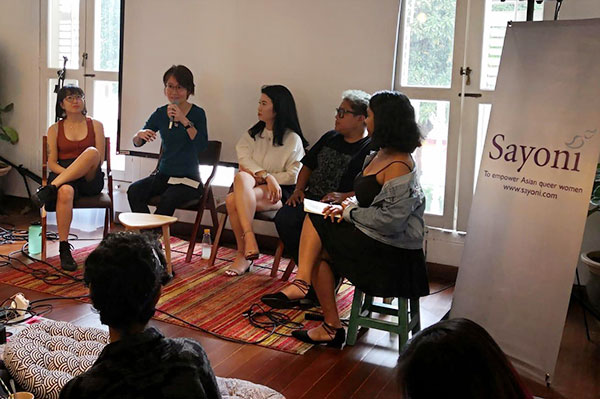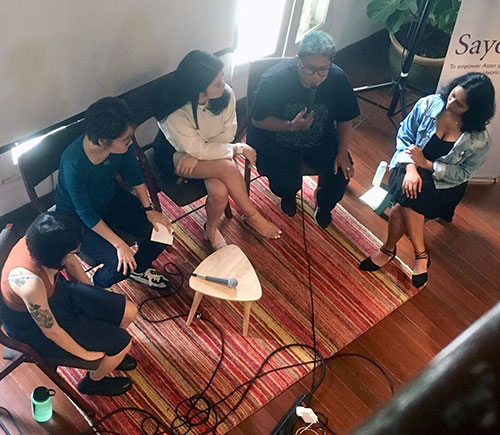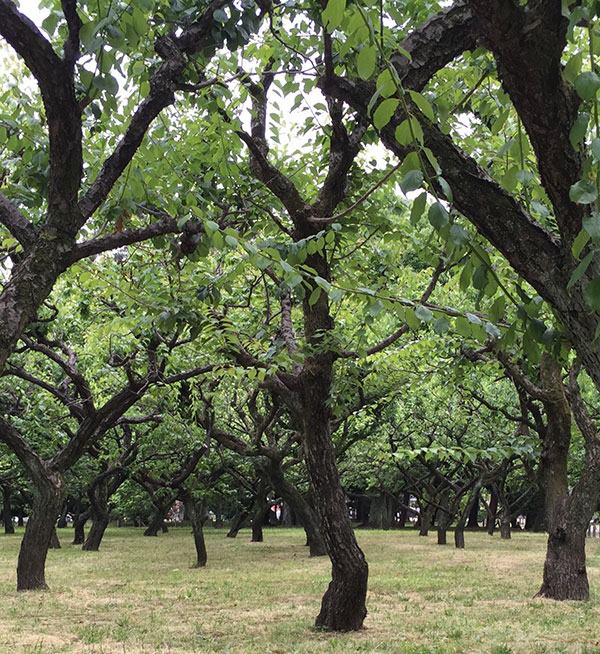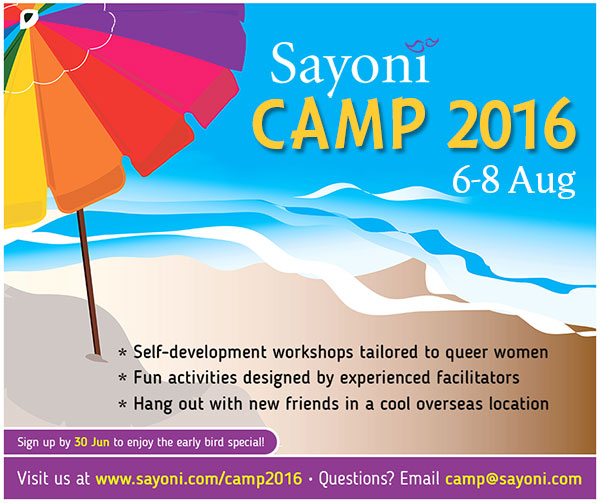Statement of the Asian LBTQ Caucus – 8 December 2017 – Phnom Penh
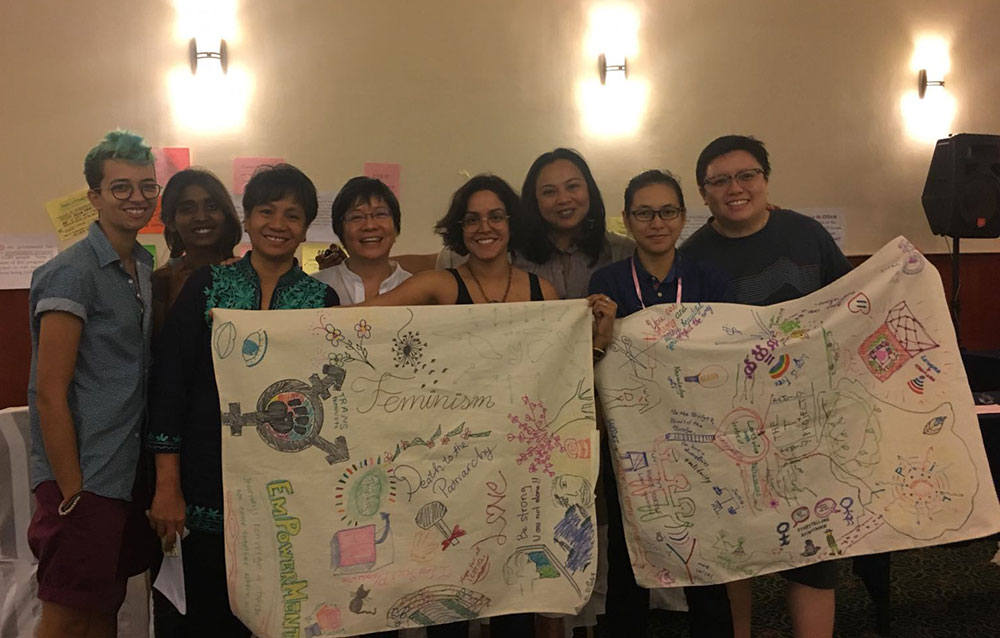
Sayoni was pleased to announce the successful Asian LBTQ Caucus consultation on 8 December 2017 in Phnom Penh, Cambodia. Along with ASEAN SOGIE Caucus, Justice for Sisters, UN Women Asia Pacific, we facilitated a 2 day session on lesbian, bisexual and queer women’s issues from 4-5 December 2017, ahead of the ILGA Asia 2017 conference.
An estimated 60 participants joined in the discussions, personal story sharing, queer movement history mappings, and the distillation of key issues and concerns for lesbian, bisexual, trans women, trans men and queer (LBTQ) persons. Activists came from across Asia, including from Bangladesh, Cambodia, China, Hong Kong, India, Indonesia, Iran, Japan, Lebanon, Nepal, Malaysia, Pakistan, Philippines, Singapore, South Korea, Taiwan, Thailand and Vietnam. The LBTQ Caucus was a first of its kind in Asia and took place due to the demands of LBTQ activists to address the consistent marginalization of LBQ women’s visibility and leadership within the wider movements for LGBTIQ+ human rights.
A collaborative statement was written to highlight core concerns and eleven recommendations on how to move forward towards strengthening movements for LBTQ rights across the region.
Statement of the Asian LBTQ CAUCUS*
8 December 2017 | Phnom Penh, Cambodia
Lesbian, bisexual, trans women, trans men, and queer persons (LBTQ) exist in all of human diversity. Our issues and concerns cut across diverse groups and communities, including other marginalized groups such as people with disabilities, refugees, migrant workers, and indigenous peoples.
LBTQ persons experience multiple and intersecting forms of discrimination and violence in multiple spaces based on our assigned, actual, or perceived sexual orientation, gender identity, gender expression, and sex characteristics (SOGIESC). We face arbitrary persecution, socio-economic marginalization, and violation of our self-determination, sexual autonomy, and bodily integrity because of our SOGIESC. Our experiences are often invisible, silenced, and unaddressed.

